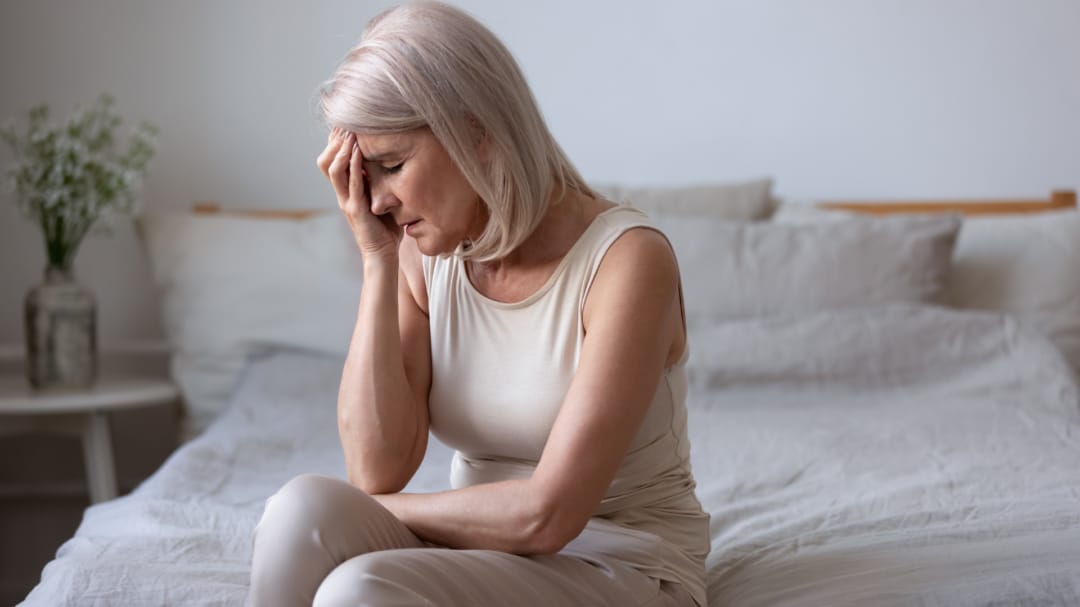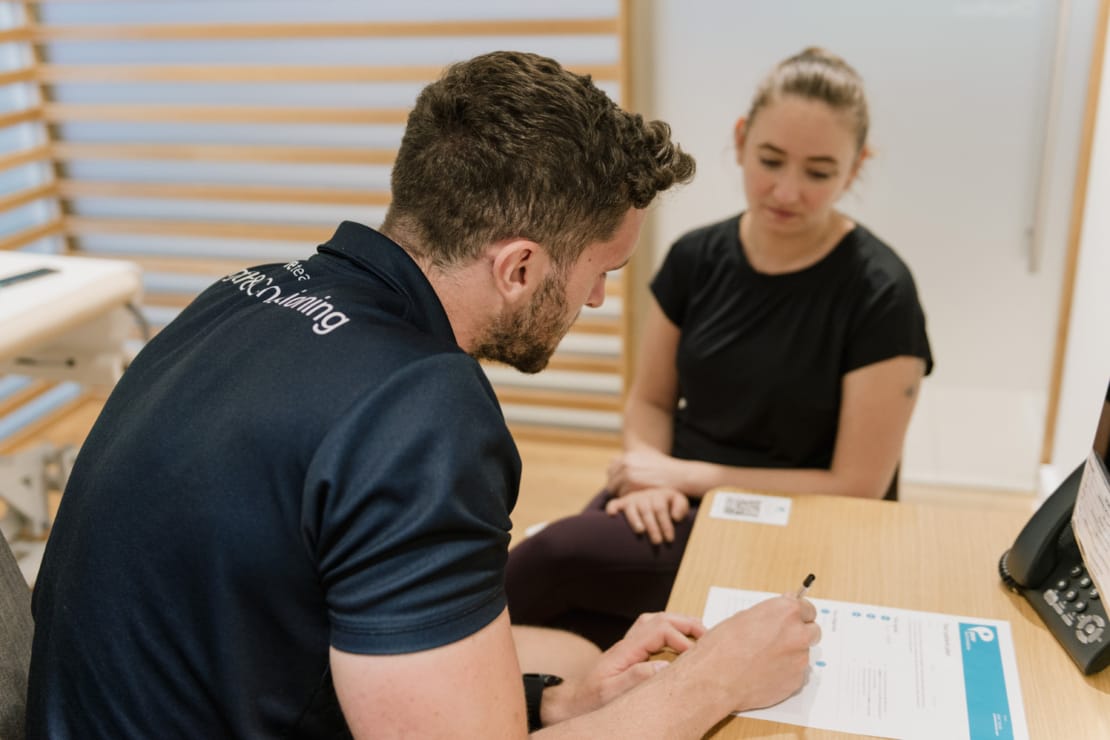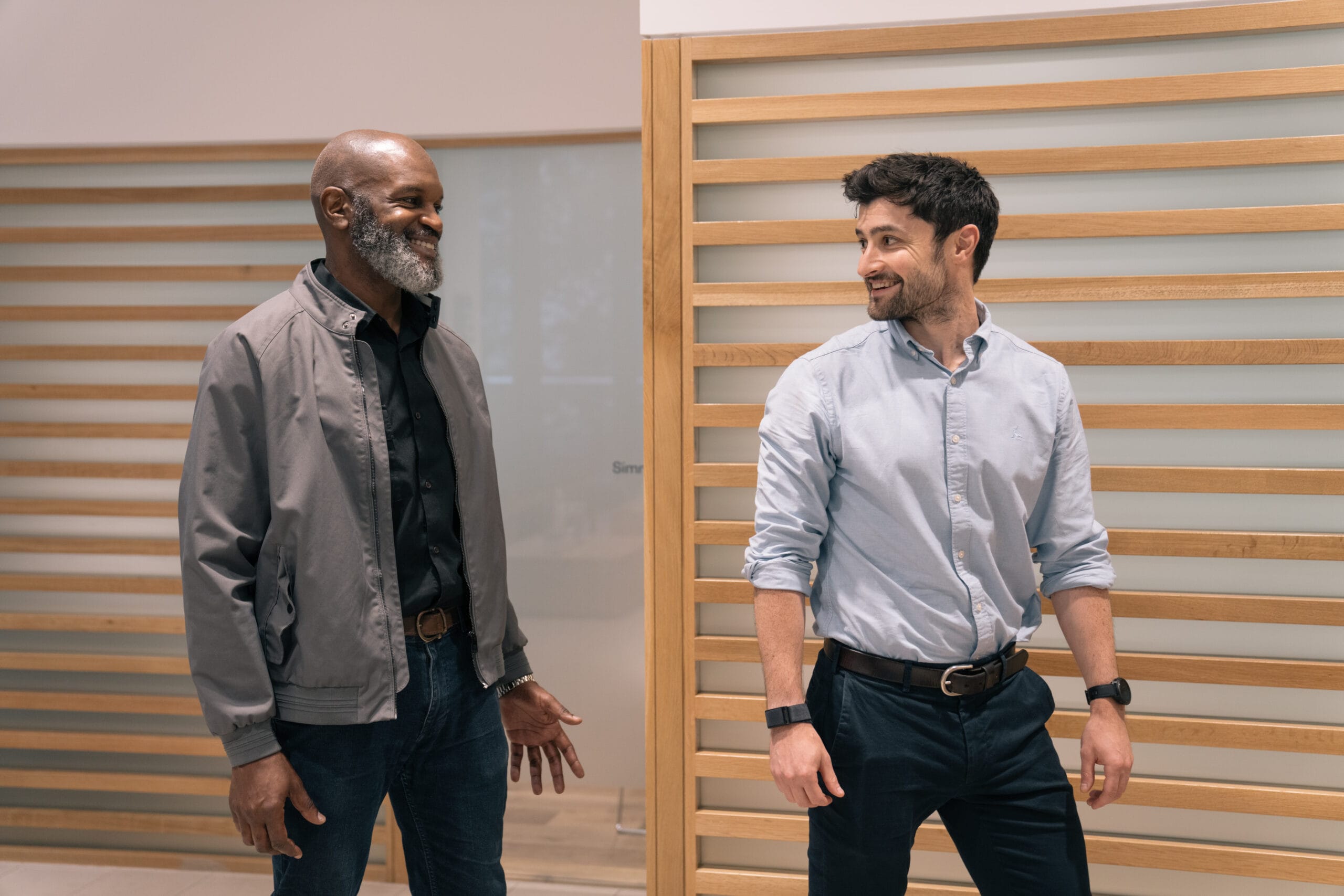COVID-19 and Exercise: Boost Immunity & Reduce Risk of Illness
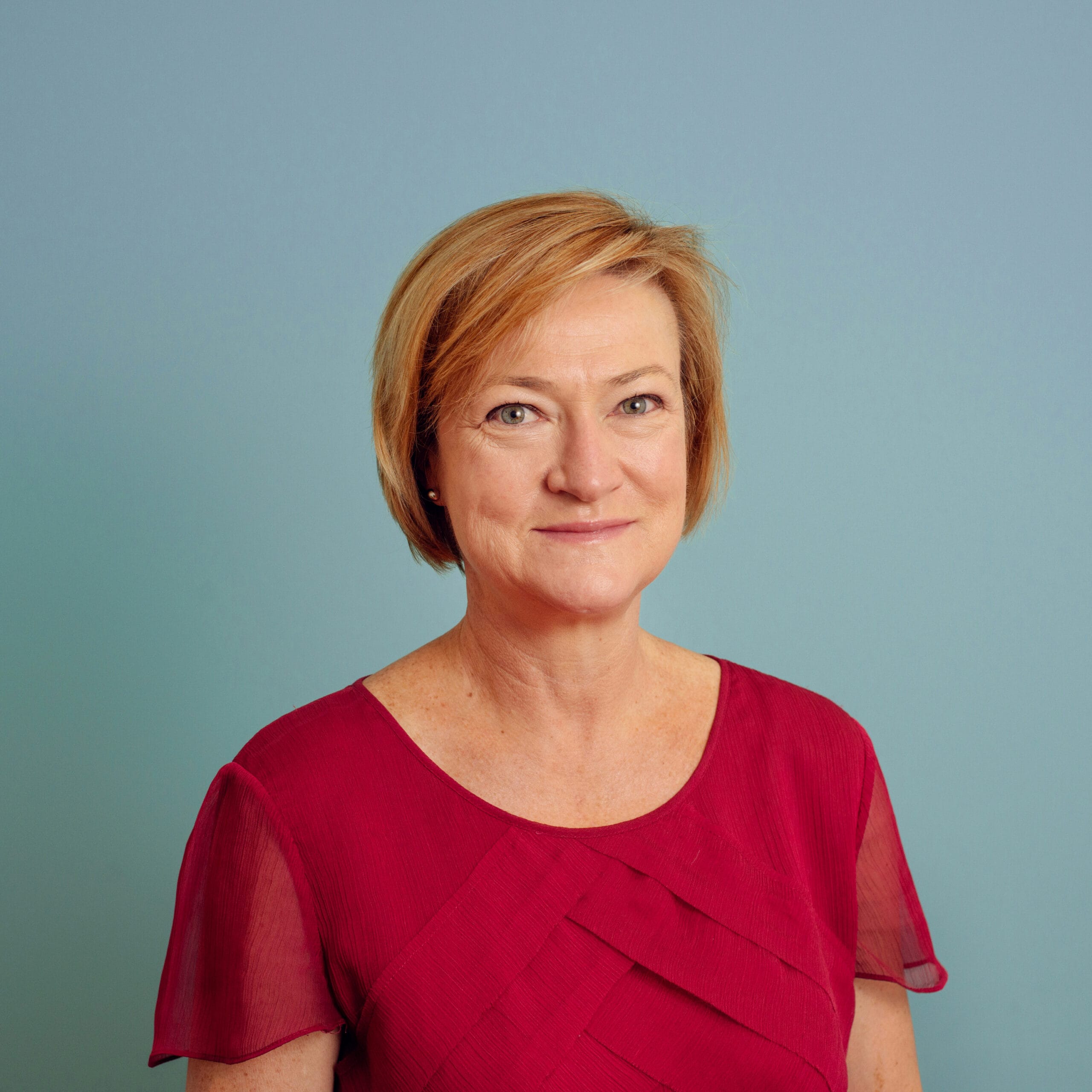
Claire Small
Chief Clinical Officer & Consultant Physiotherapist
- 21 October, 2020
- Immunity
- covid-19
- Exercise
- 2 min read
COVID-19 and Exercise: Boost Immunity & Reduce Risk of Illness
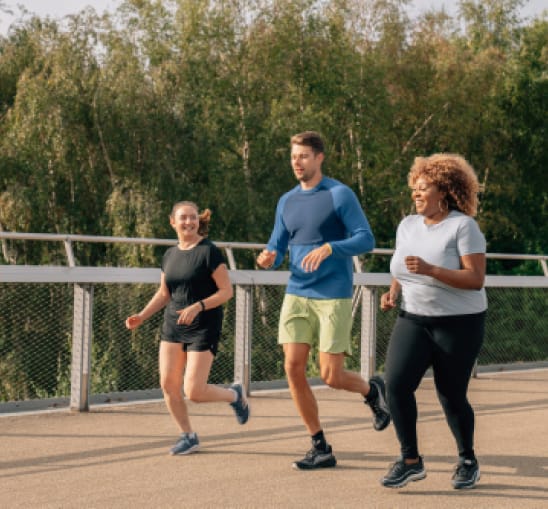
Our world has changed immeasurably this year due to the COVID-19 pandemic, and we all know that handwashing, wearing face coverings and social distancing can help prevent transmission of the SARS-CoV-2 virus (which causes COVID-19 infection).
There are also measures we can all take to reduce our chances of becoming severely ill from Covid-19 if we become infected with the virus.
Moderate-intensity exercise has positive effects on our immune system, increasing the circulation of immune factors that help us fight diseases.1,2 It is likely that given the positive effects of moderate intensity exercise on our immunity, being physically fit reduces our chances of being severely affected should we become infected with COVID-19.3
Risk factors for severe illness with COVID-19 infection include:
- Pre-existing cardiovascular disease (heart disease, previous strokes, blood vessel problems)
- Diabetes
- High blood pressure
- Chronic lung disease
- Cancer
- Chronic kidney disease
- Obesity
- Smoking
Exercise helps prevent most of the above conditions either directly or indirectly, and if an individual is already affected by any of the above conditions, exercise forms part of the treatment. For example, if you have high blood pressure, a regular programme of exercise may reduce your need for blood pressure medications. The same applies for regular exercise in a person with diabetes; the need for medication can potentially be reduced.
How much exercise should I be doing?
The National Institute for Health and Care Excellence (NICE) guidance is that adults over the age of 19 should:
- Aim to be active daily
- Do 150 minutes (2.5 hours) of moderate intensity physical activity a week or 75 minutes of vigorous intensity physical activity a week
- Perform resistance training to improve muscle strength at least twice a week
- Reduce time spent sitting. 4
A Consultant in Sport and Exercise Medicine can help if you want to make changes to your lifestyle to improve your physical fitness and reduce your risk of conditions such as cardiovascular disease, high blood pressure, diabetes, and even some cancers – and being severely affected by Covid-19 infection.
An important point to note is that there is a sweet spot and that too much exercise – overtraining – can have negative effects on the immune system.5 Most people are not affected by overtraining but a relentless, monotonous programme of exercise with inadequate rest periods and inadequate fuelling may result in overtraining. If you are concerned you may be affected by overtraining, a Consultant in Sport and Exercise Medicine can also help.
References
- Nieman D.C., Wentz L.M. The compelling link between physical activity and the body’s defense system. J Sport Heal Sci. 2019;8(3):201–217.
- Zbinden-Foncea H., Francaux M., Deldicque L., Hawley J.A. Does high cardiorespiratory fitness confer some protection against pro-inflammatory responses after infection by SARS-CoV-2? Obesity. 2020;0–3
- Dixit S. Can moderate intensity aerobic exercise be an effective and valuable therapy in preventing and controlling the pandemic of COVID-19? [published online ahead of print, 2020 May 20]. Med Hypotheses. 2020;143:109854.
- Recommendations | Physical activity: brief advice for adults in primary care | Guidance | NICE. Nice.org.uk. https://www.nice.org.uk/guidance/ph44/chapter/1-Recommendations. Published 2020. Accessed August 19, 2020.
- Schwellnus M, Soligard T, Alonso J, et alHow much is too much? (Part 2) International Olympic Committee consensus statement on load in sport and risk of illness British Journal of Sports Medicine 2016;50:1043-1052.

Advice
Over the last 20+ years our experts have helped more than 100,000 patients, but we don’t stop there. We also like to share our knowledge and insight to help people lead healthier lives, and here you will find our extensive library of advice on a variety of topics to help you do the same.
OUR ADVICE HUBS See all Advice Hubs